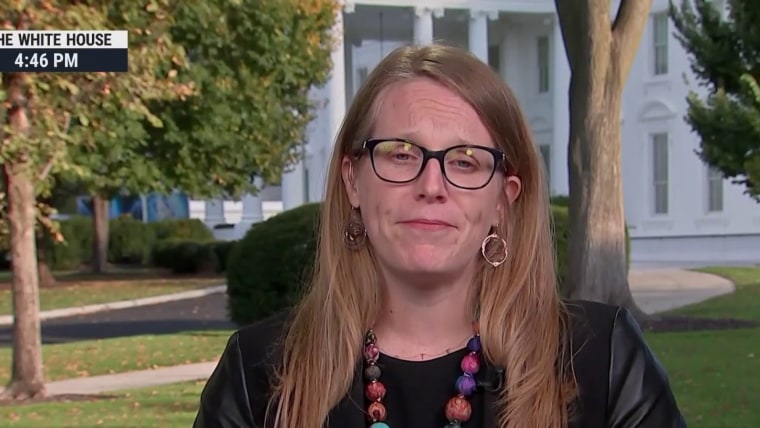Five women who were denied abortions in Texas filed an unprecedented lawsuit against the state on Monday, attempting to turn their real-life horror stories into legal action. It's yet another example of the predictable dangers caused by the Republican-majority Supreme Court overturning Roe v. Wade last year.
The lawsuit, filed in state court, is the first of its kind brought since the Supreme Court overturned Roe and allowed states to ban abortion, according to the Center for Reproductive Rights, which is representing the five women. The 92-page filing details the gruesome reality of life in a post-Roe America, specifically in Texas, where, as the suit alleges, not only the plaintiffs but “countless other pregnant people have been denied necessary and potentially life-saving obstetrical care because medical professionals throughout the state fear liability under Texas’s abortion bans.”
To take just one example, the suit tells of one plaintiff who “was forced to wait until she was septic to receive abortion care, causing one of her fallopian tubes to become permanently closed.”
Following the high court ruling that overturned decades of federal abortion rights, the procedure is now banned or nearly banned in 13 states and severely restricted in others, according to the Center for Reproductive Rights. The lawsuit comes as a Donald Trump-appointed federal judge in Texas could rule any day in a separate case that risks upending abortion pill access nationwide.
According to the Guttmacher Institute, a research organization that supports abortion rights, Texas’ abortion laws rank among the nation’s most restrictive, calling the procedure “completely banned with very limited exceptions.” It’s those exceptions that the lawsuit, Zurawski v. Texas, which is also joined by two doctors, calls into question. The plaintiffs allege that state law “is not ‘pro-life’ when it comes to pregnant people’s lives, and the State of Texas has failed to give physicians any meaningful guidance on how to interpret its laws consistent with that goal.”
So the suit seeks guidance regarding when doctors can intervene, as they face decades in prison, hundreds of thousands of dollars in fines and the loss of their medical licenses if they run afoul of unclear “medical emergency” exceptions under state law.
To be sure, it’s a modest request to ask for mere clarification about how laws seeking to control people’s bodies apply. But given the extreme nature of those laws in the first place, it won’t be surprising if the state fights this suit as hard as it fought to ban abortion in the first place.

